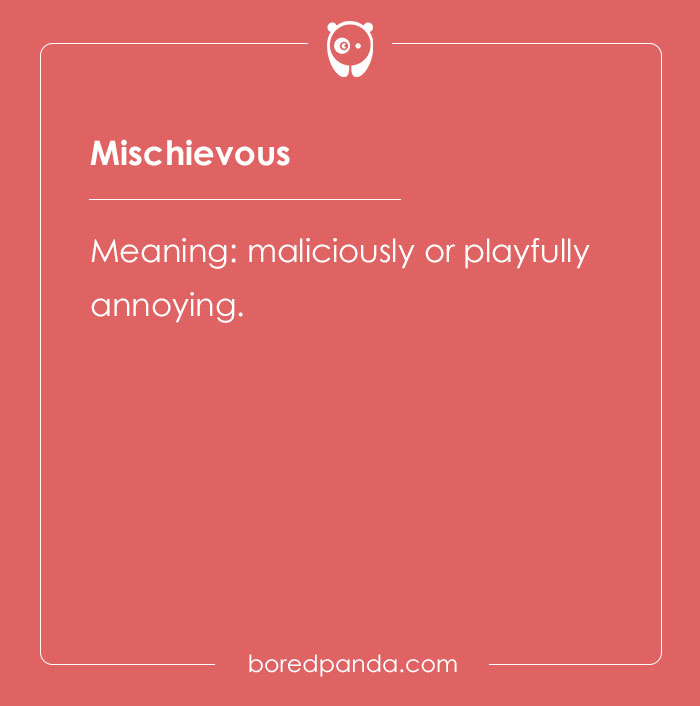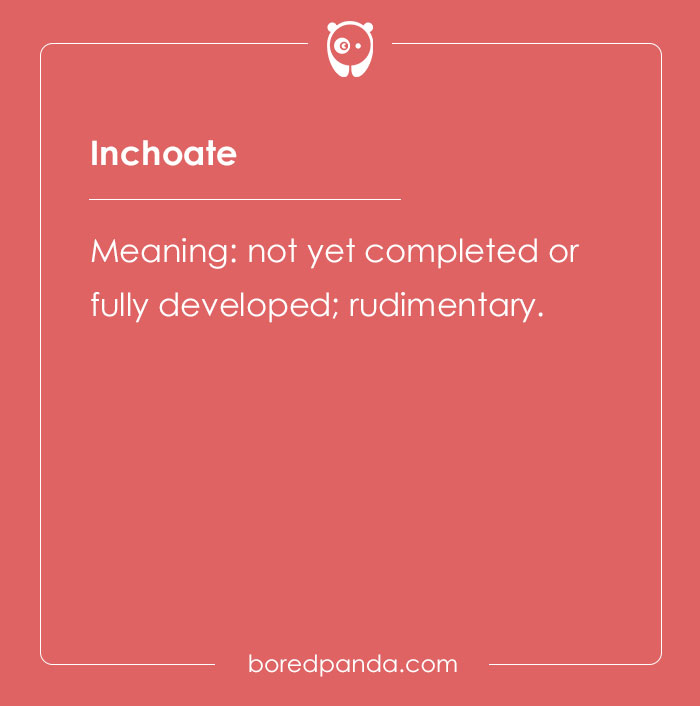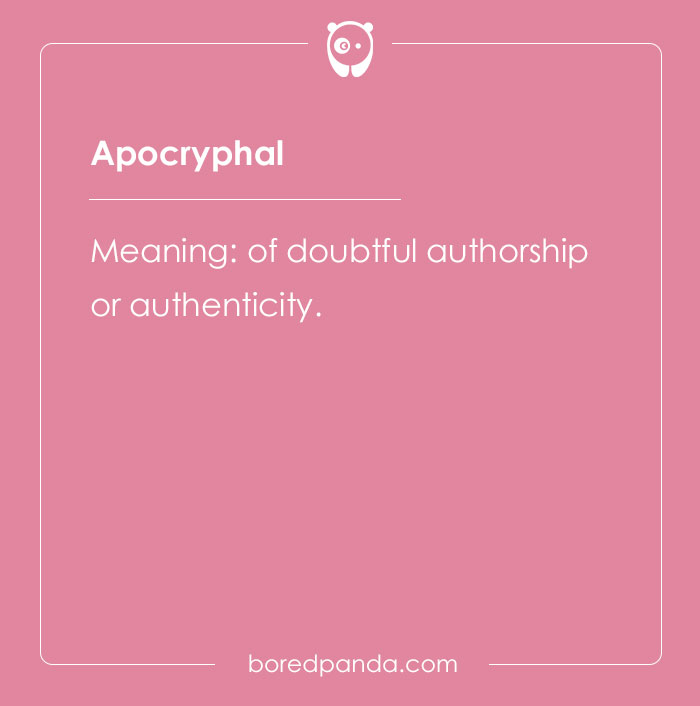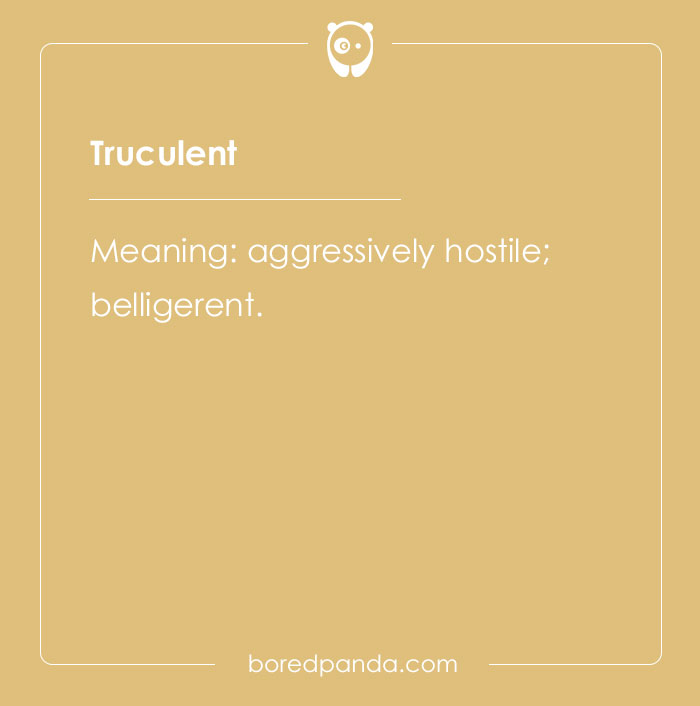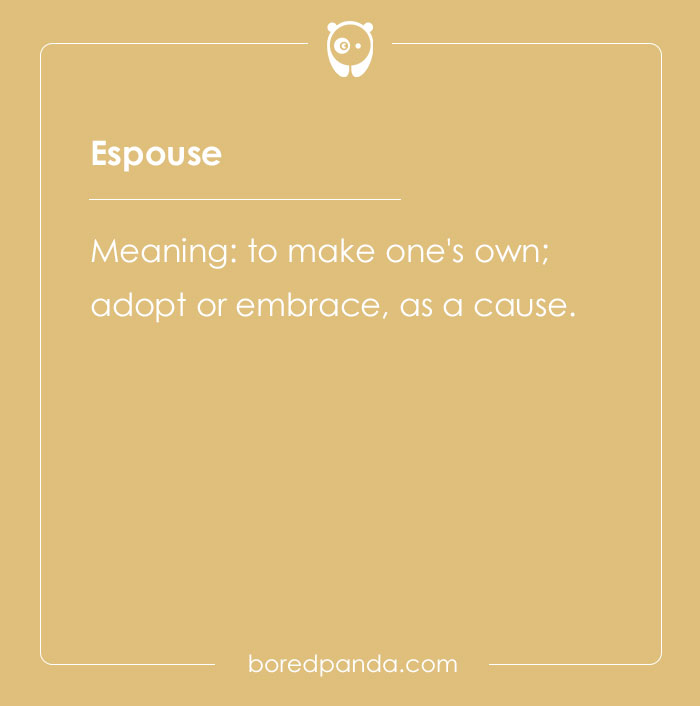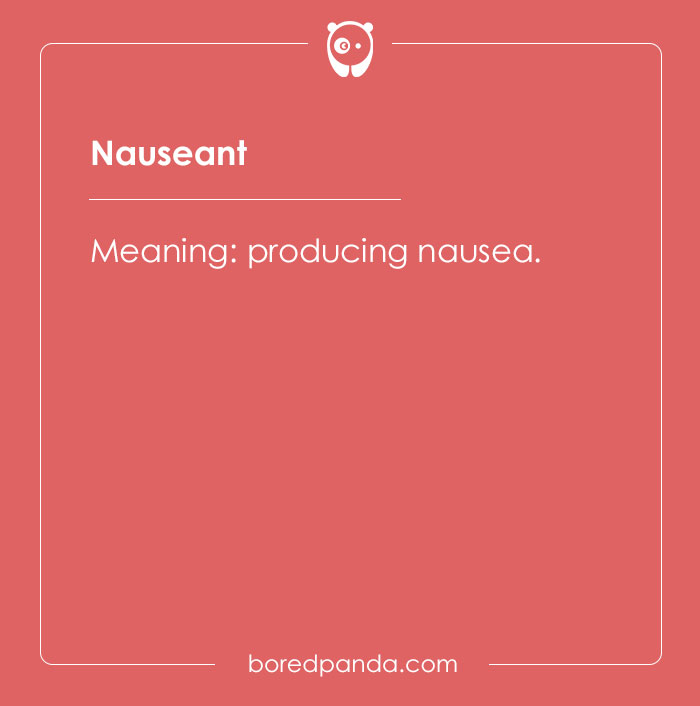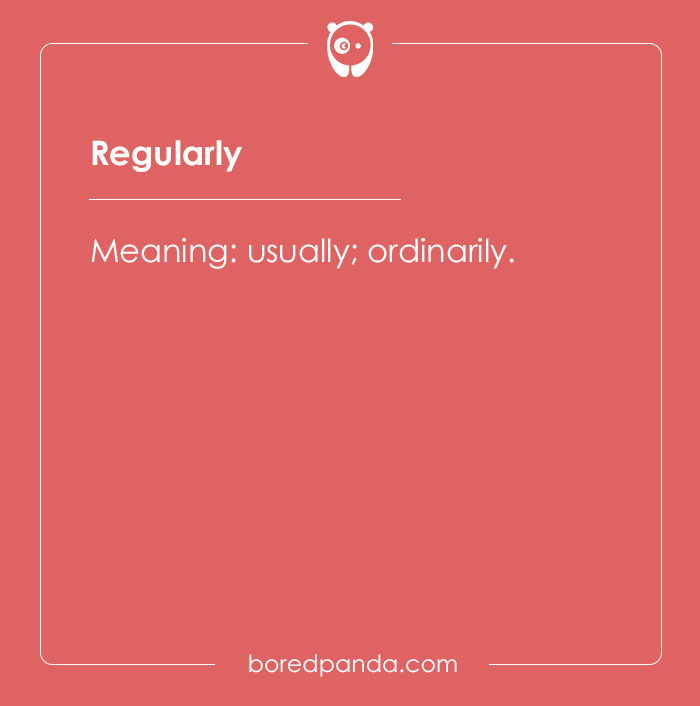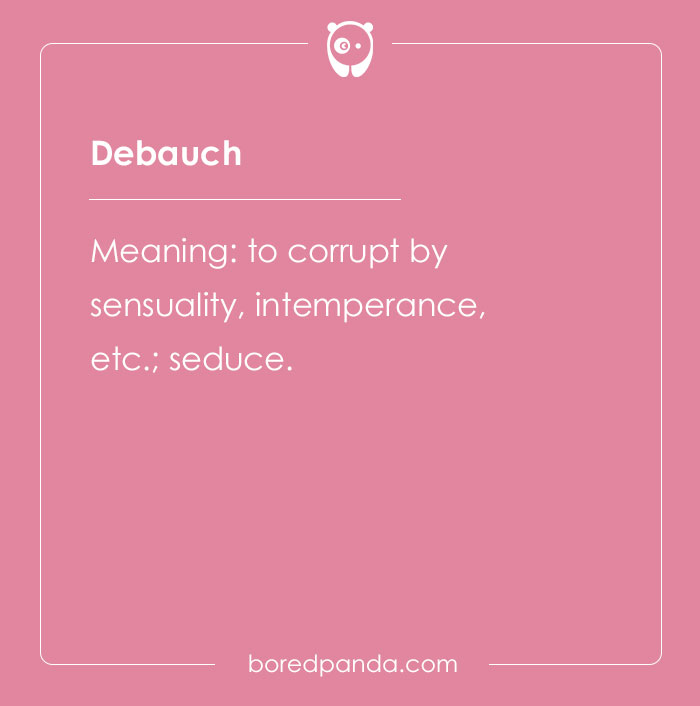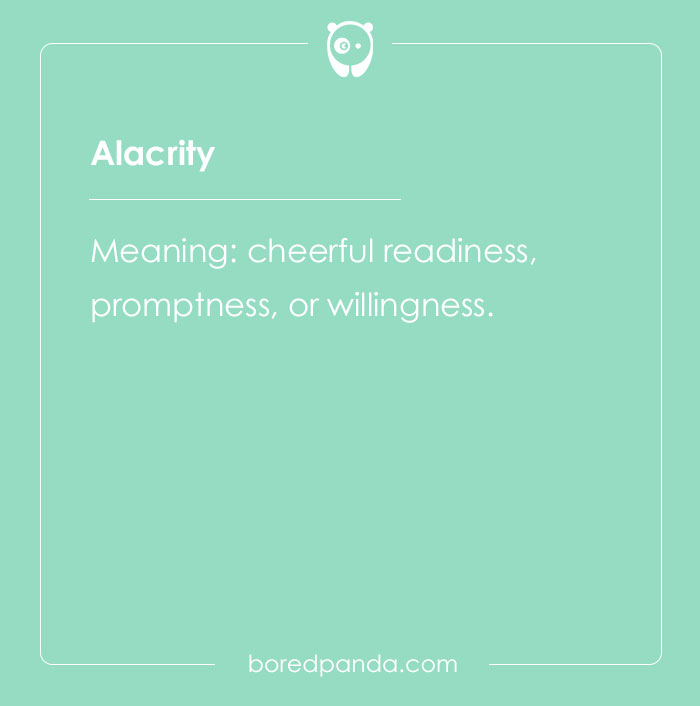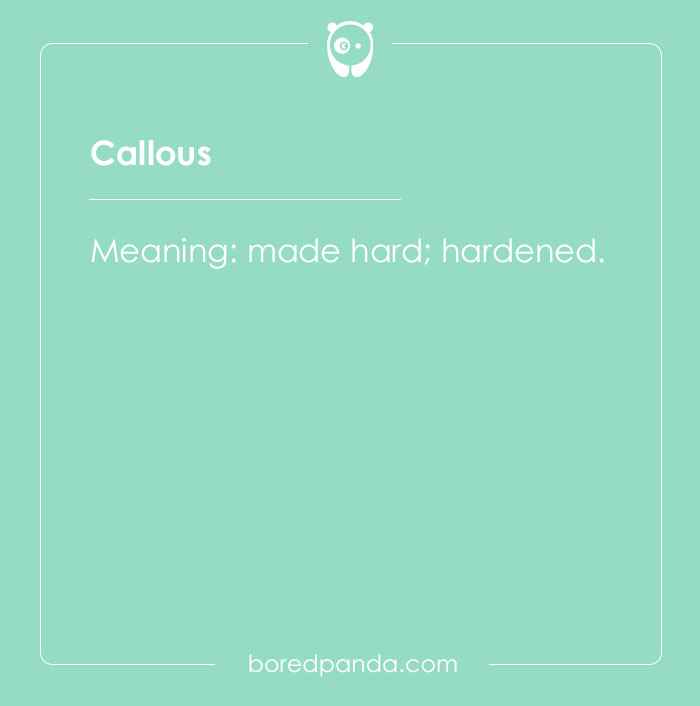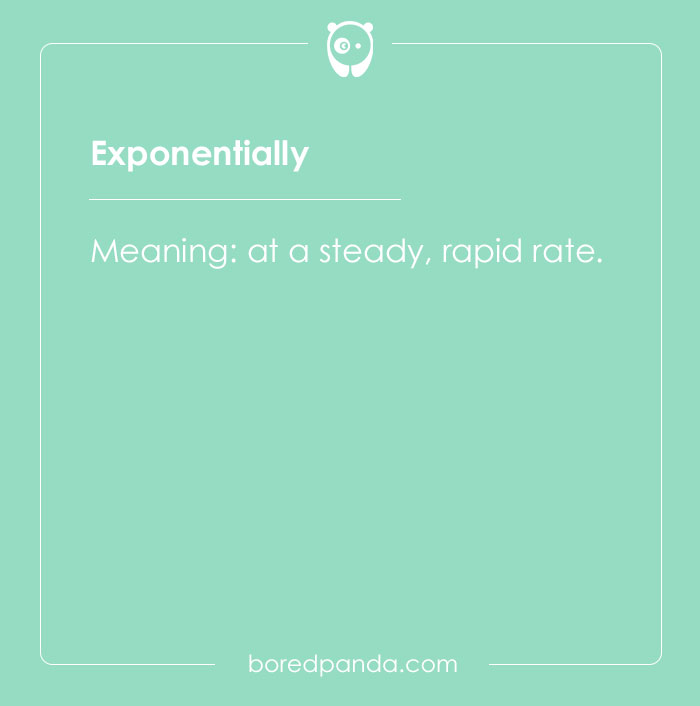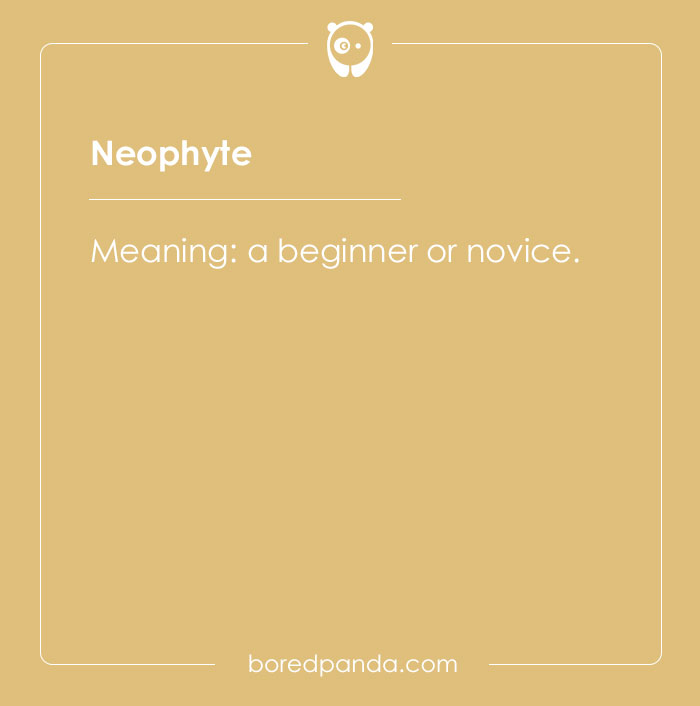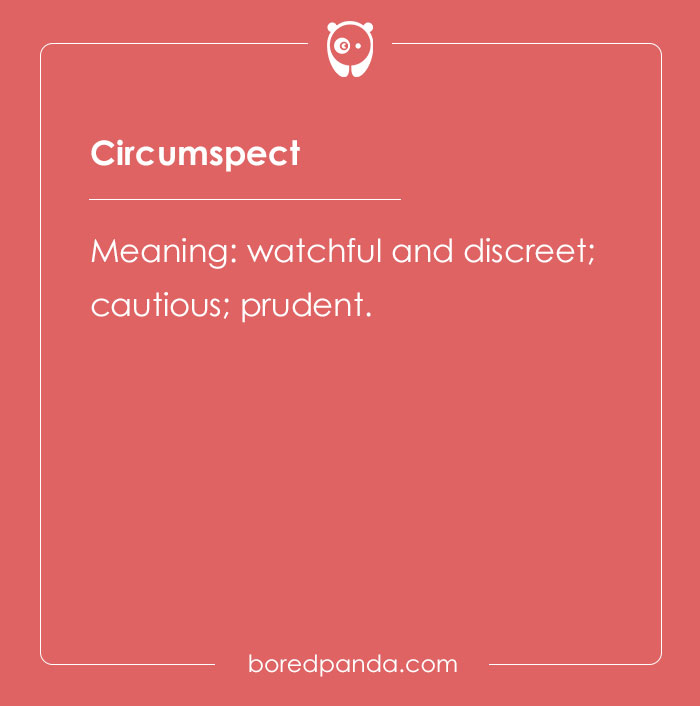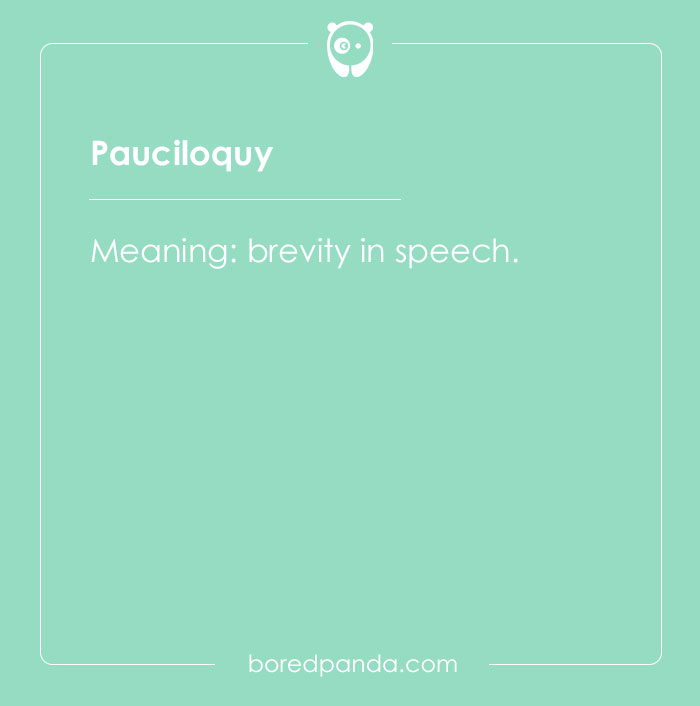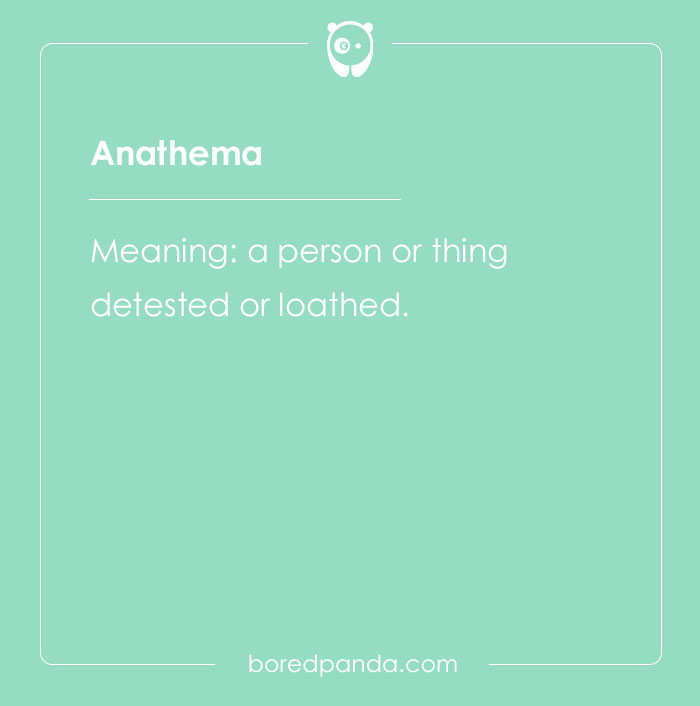Language may probably be the greatest invention in human history. We shifted from simple sounds to creating complex sentences to communicate with ease. But after so many years and shifts, it is not surprising that there are some difficult words that even the best spellers and speakers can’t quite articulate. As we communicate through writing and speaking, some difficult English words can be a thorn in the side when you're speaking at a business meeting or writing an important letter to someone. While modern technology, like autocorrect, has eliminated the need to double-check a word when writing, it is still a wonder just how difficult words in English can be!
With millions of words to choose from and use in different combinations, it can be seen as art, when a person can use even the hardest words with ease. Hard words can be the elements that separate a work of literature from the sea of mediocrity. An idea can only be fully realized by the words that are used to explain it. Of course, when it comes to speaking, there is a long list of hard words to pronounce, due to their complexity and rare usage. In the heat of the moment, a word can become the thing that ruins a great speech and puts the speaker in an awkward situation. And who wants to be in that position?
As the English dictionary keeps getting bigger with every word added, now should be a good time to check up on your English skills. In the list below, you can check out some of the most difficult words to spell that you might be using every day unknowingly. Upvote the ones that you use or hear being used commonly and comment below if you’ve ever used them in a letter or speech in the wrong way. No worries, no one is judging!
This post may include affiliate links.
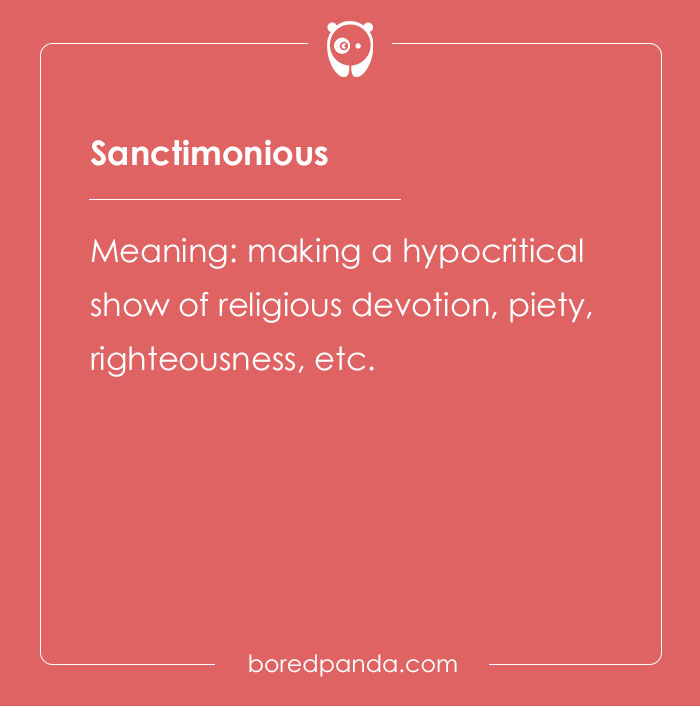 Sanctimonious.
Sanctimonious.
[sangk-tuh-moh-nee-uhs]
Meaning: making a hypocritical show of religious devotion, piety, righteousness, etc.
Gratuitous.
[gruh-too-i-tuhs]
Meaning: being without apparent reason, cause, or justification.
Recalcitrant.
[ri-kal-si-truhnt]
Meaning: resisting authority or control; not obedient or compliant; refractory.
Ubiquitous.
[yoo-bik-wi-tuhs]
Meaning: existing or being everywhere, especially at the same time; omnipresent.
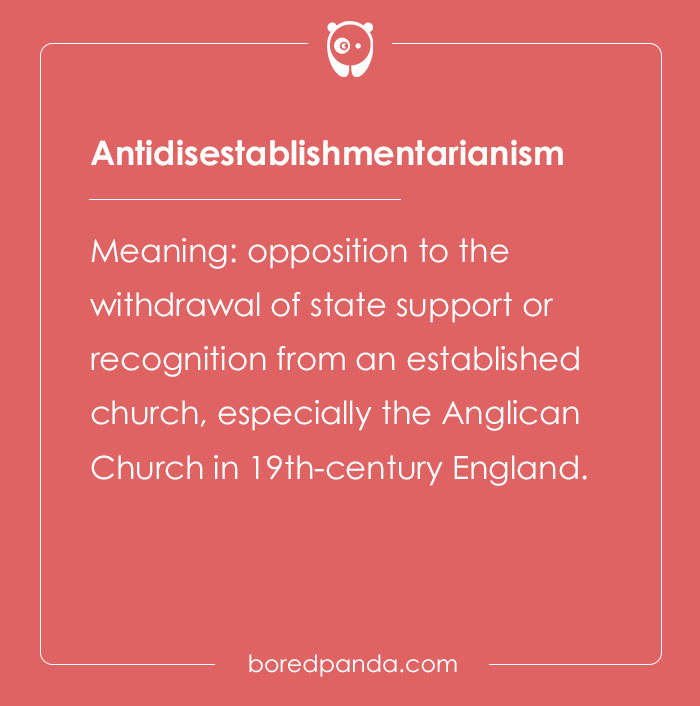 Antidisestablishmentarianism.
Antidisestablishmentarianism.
[an-tee-dis-uh-stab-lish-muhn-tair-ee-uh-niz-uhm]
Meaning: opposition to the withdrawal of state support or recognition from an established church, especially the Anglican Church in 19th-century England.
I didn’t know that was a real word. I thought it was simply to show how long an English word could get, whilst still making sense.
Defibrillator.
[dee-fahy-bruh-ley-ter]
Meaning: an agent or device for arresting fibrillation of the atrial or ventricular muscles of the heart.
Sphygmomanometer.
[sfig-moh-muh-nom-i-ter]
Meaning: an instrument, often attached to an inflatable air-bladder cuff and used with a stethoscope, for measuring blood pressure in an artery.
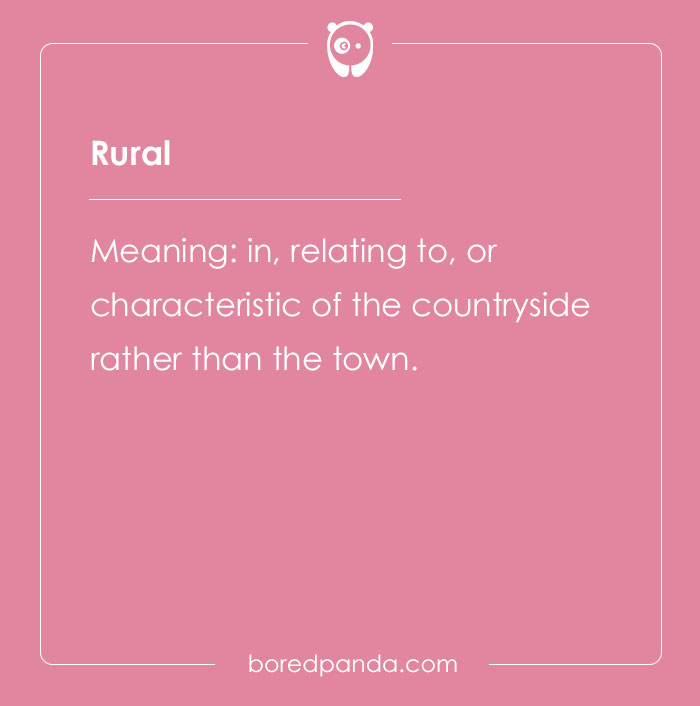 Rural.
Rural.
[roor-uh]
Meaning: in, relating to, or characteristic of the countryside rather than the town.
Curious phonetic approximation. Anyone know where this pronunciation might be used? (For me, it's 'roo-ral'.)
Otorhinolaryngology.
[oh-toh-rahy-noh-lar-ing-gol-uh-jee]
Meaning: a medical specialty concerned especially with the ear, nose, and throat and related parts of the head and neck.
Fünfhundertfünfundfünfzig.
[fünf-hun-dert-fünf-und-fünf-zig]
Meaning: five hundred fifty-five in German.
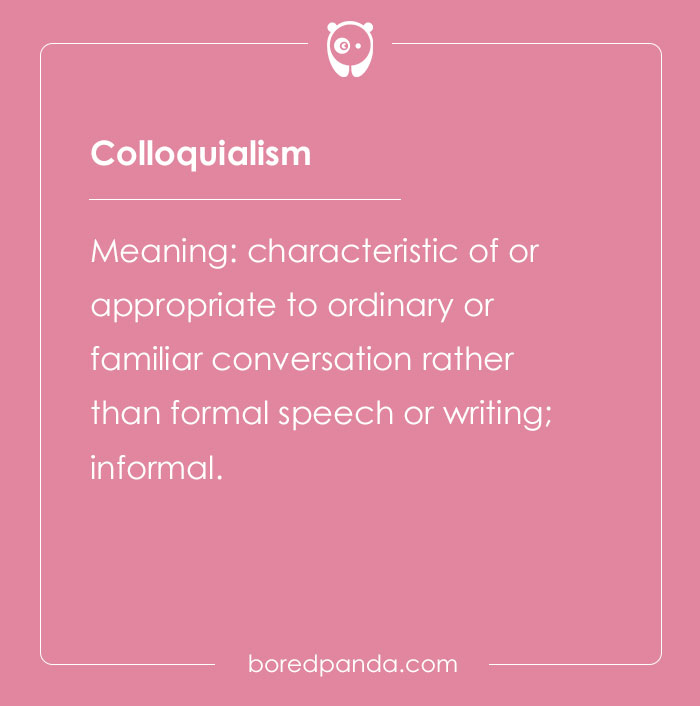 Colloquialism.
Colloquialism.
[kuh-loh-kwee-uh-liz-uhm]
Meaning: characteristic of or appropriate to ordinary or familiar conversation rather than formal speech or writing; informal.
Anachronistic.
[uh-nak-ruh-nis-tik]
Meaning: something or someone that is not in its correct historical or chronological time, especially a thing or person that belongs to an earlier time.
Onomatopoeia.
[on-uh-mat-uh-pee-uh]
Meaning: the formation of a word, as cuckoo, meow, honk, or boom, by imitation of a sound made by or associated with its referent.
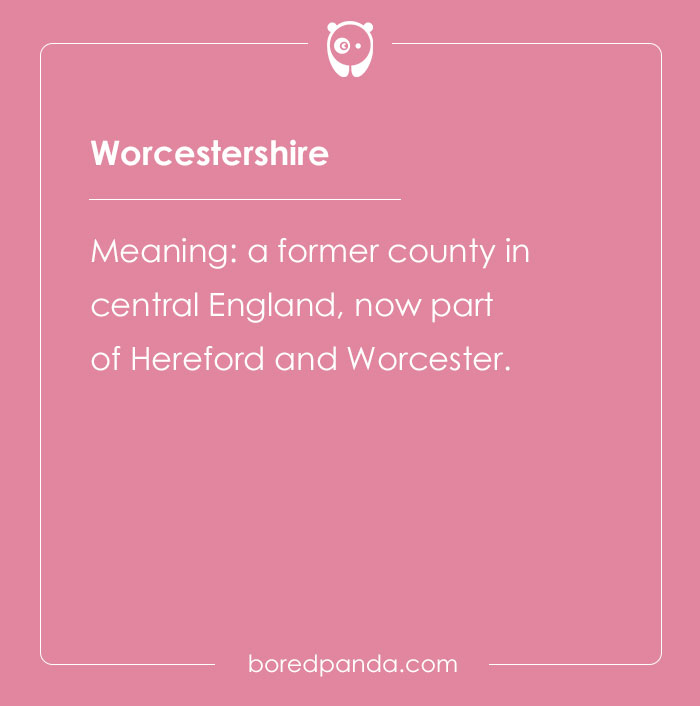 Worcestershire.
Worcestershire.
[woos-ter-sheer]
Meaning: a former county in central England, now part of Hereford and Worcester.
Llanfairpwllgwyngyllgogerychwyrndrobwllllantysiliogogogoch.
[llan-fair-pwll-gwyn-gyll-go-ger-ych-wyrn-drob-wll-llan-ty-silio-go-go-goch]
Meaning: the name of a village in Carmarthenshire, which means "a quiet, beautiful village; a historic place with rare kite under threat from wretched blades".
Llanfairpwllgwyngyllgogerychwyrndrobwllllantysiliogogogoch is a village in Angelsey (Ynys Mon) in north Wales, not Carmarthenshire (Sir Gar). Carmarthenshire is in the south west of Wales. . . . . The translation given is a bit of sarcasm. The correct translation from Welsh is "St Mary's Church in the Hollow of the White Hazel near a Rapid Whirlpool and the Church of St. Tysilio near the Red Cave". I used to live not too far from the village. We called it Llanfair PG - much less of a mouthful.
Demagogue.
[dem-uh-gog]
Meaning: a person, especially an orator or political leader, who gains power and popularity by arousing the emotions, passions, and prejudices of the people.
Epitome.
[ih-pit-uh-mee]
Meaning: a person or thing that is typical of or possesses to a high degree the features of a whole class.
 Forte.
Forte.
[fawr-tey]
Meaning: a person's strong suit, or most highly developed characteristic, talent, or skill; something that one excels in.
Grandiloquent.
[gran-dil-uh-kwuhnt]
Meaning: speaking or expressed in a lofty style, often to the point of being pompous or bombastic.
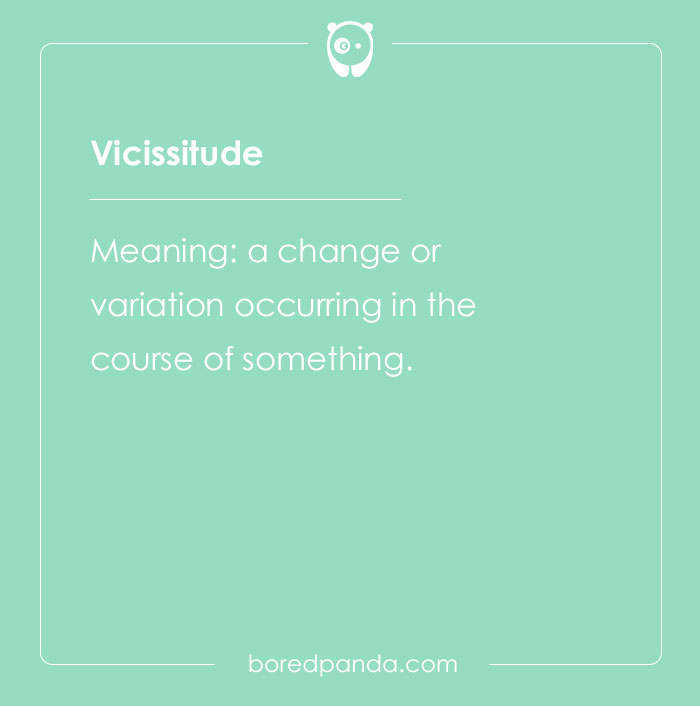 Vicissitude.
Vicissitude.
[vi-sis-i-tood]
Meaning: a change or variation occurring in the course of something.
Aggrandize.
[uh-gran-dahyz]
Meaning: to widen in scope; increase in size or intensity; enlarge; extend.
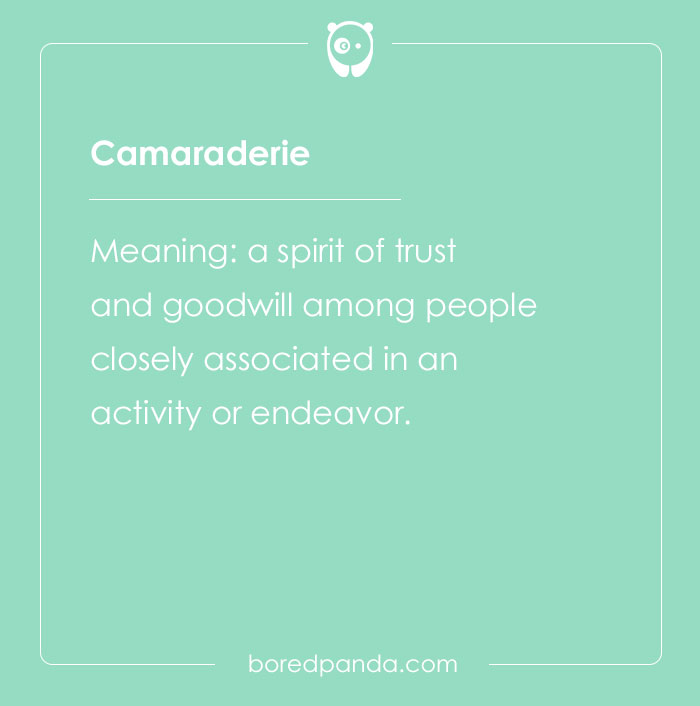 Camaraderie.
Camaraderie.
[kah-muh-rah-duh-ree]
Meaning: a spirit of trust and goodwill among people closely associated in an activity or endeavor.
Refrigerator.
[ri-frij-uh-rey-ter]
Meaning: a box, room, or cabinet in which food, drink, etc., are kept cool by means of ice or mechanical refrigeration.
Hippopotamus.
[hip-uh-pot-uh-muhs]
Meaning: a large herbivorous mammal, Hippopotamus amphibius, having a thick hairless body, short legs, and a large head and muzzle, found in and near the rivers, lakes, etc., of Africa, and able to remain under water for a considerable time.
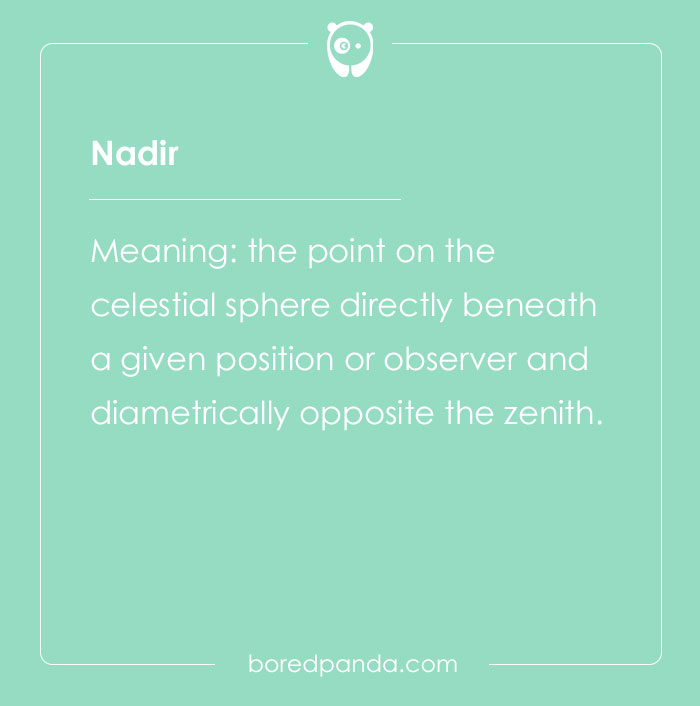 Nadir.
Nadir.
[ney-der, ney-deer]
Meaning: the point on the celestial sphere directly beneath a given position or observer and diametrically opposite the zenith.
Pulchritude.
[puhl-kri-tood]
Meaning: physical beauty; comeliness.
Timbre.
[tam-ber]
Meaning: the characteristic quality of a sound, independent of pitch and loudness, from which its source or manner of production can be inferred. Timbre depends on the relative strengths of the components of different frequencies, which are determined by resonance.
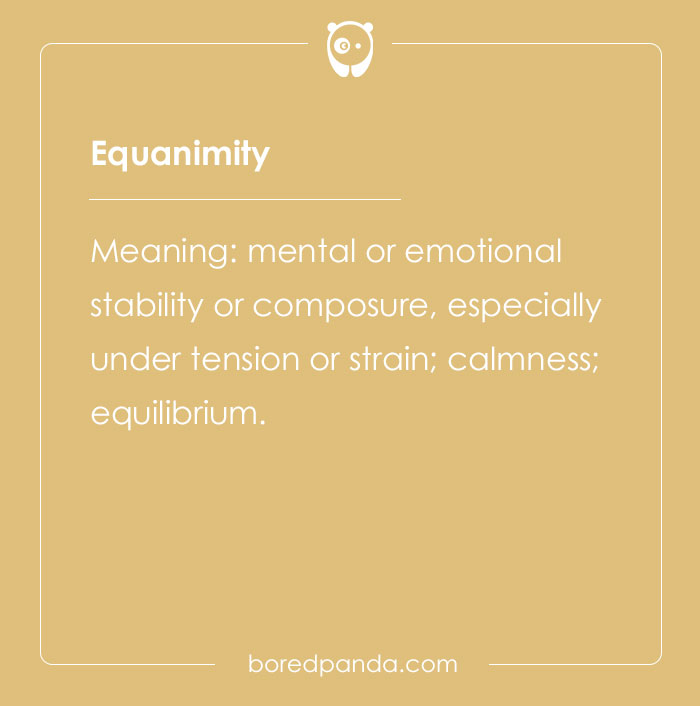 Equanimity.
Equanimity.
[ee-kwuh-nim-i-tee]
Meaning: mental or emotional stability or composure, especially under tension or strain; calmness; equilibrium.
Supercalifragilisticexpialidocious.
[soo-per-kal-uh-fraj-uh-lis-tik-ek-spee-al-i-doh-shuhs]
Meaning: used as a nonsense word by children to express approval or to represent the longest word in English.
Restaurateur.
[res-ter-uh-tur]
Meaning: the owner or manager of a restaurant.
Good to see this one spelt correctly. When you nick words from other languages, things can get tricky.
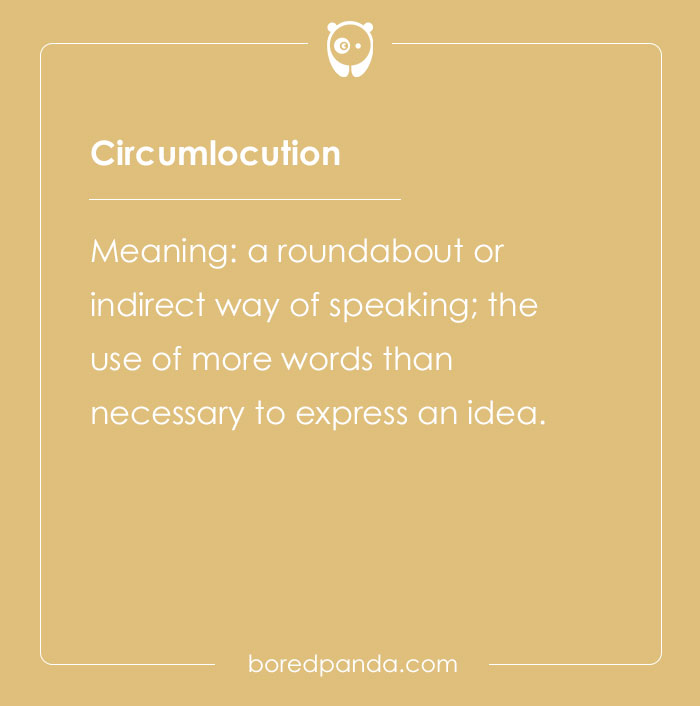 Circumlocution.
Circumlocution.
[sur-kuhm-loh-kyoo-shuhn]
Meaning: a roundabout or indirect way of speaking; the use of more words than necessary to express an idea.
When I had a migraine my brain will often lose words. An example of circumlocution is the time I asked for an item. "Where is it?" was the reply. My brain could not find the right word, "In the cold place." "The fridge?" "No, the REALLY cold place." "Ah, the freezer!" "Yes!". It's not a huge deal of extra words, but it's taking a circuitous pathway to get to the forgotten words.
Idiosyncratic.
[id-ee-oh-sin-krat-ik]
Meaning: pertaining to the nature of idiosyncrasy, or something peculiar to an individual.
Libertarian.
[lib-er-tair-ee-uhn]
Meaning: a person who advocates liberty, especially with regard to thought or conduct.
Fatuous.
[fach-oo-uhs]
Meaning: foolish or inane, especially in an unconscious, complacent manner; silly; witless.
Puerile.
[pyoo-er-il]
Meaning: of or relating to a child or to childhood.
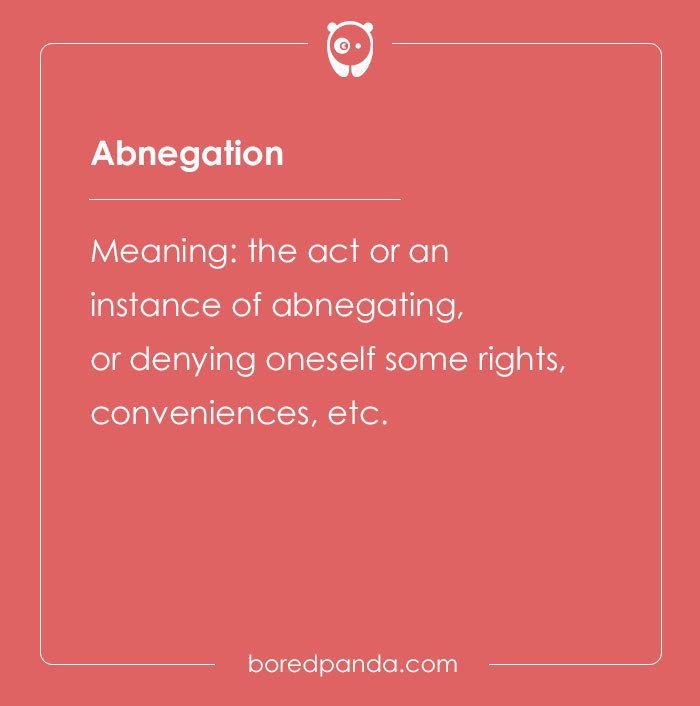 Abnegation.
Abnegation.
[ab-ni-gey-shuhn]
Meaning: the act or an instance of abnegating, or denying oneself some rights, conveniences, etc.
Vicissitude.
[vi-sis-i-tood]
Meaning: a change or variation occurring in the course of something.
Phenomenon.
[fi-nom-uh-non]
Meaning: a fact, occurrence, or circumstance observed or observable.
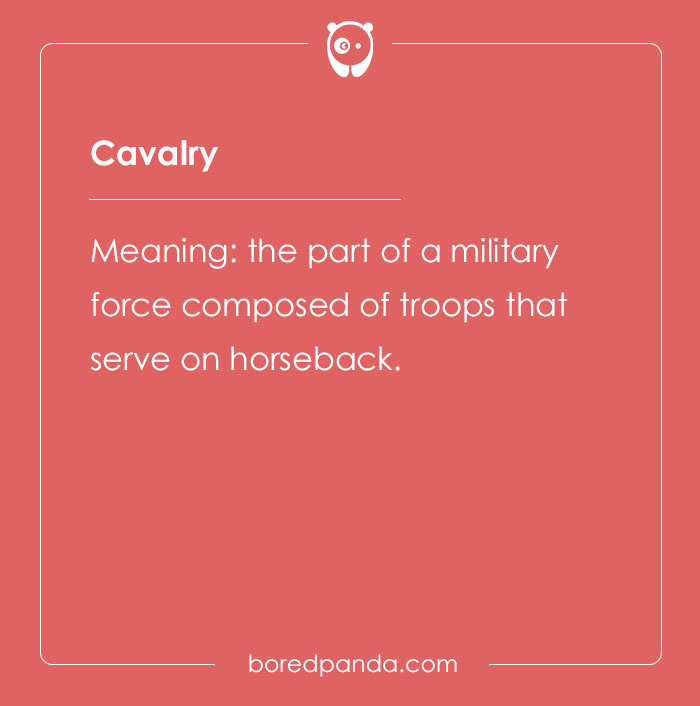 Cavalry.
Cavalry.
[kav-uhl-ree]
Meaning: the part of a military force composed of troops that serve on horseback.
Sesquipedalian.
[ses-kwi-pi-dey-lee-uhn]
Meaning: given to using long words.
Acetylcholine.
[uh-seet-l-koh-leen]
Meaning: The acetic acid ester of choline, C7H17NO3, released and hydrolyzed during nerve conduction and causing muscle action by transmitting nerve impulses across synapses.
Girlfriend.
[gurl-frend]
Meaning: a frequent or favorite female companion; sweetheart.
Jewelry.
[joo-uhl-ree]
Meaning: any ornaments for personal adornment, as necklaces or cuff links, including those of base metals, glass, plastic, or the like.
Phlegmatic.
[fleg-mat-ik]
Meaning: not easily excited to action or display of emotion; apathetic; sluggish.
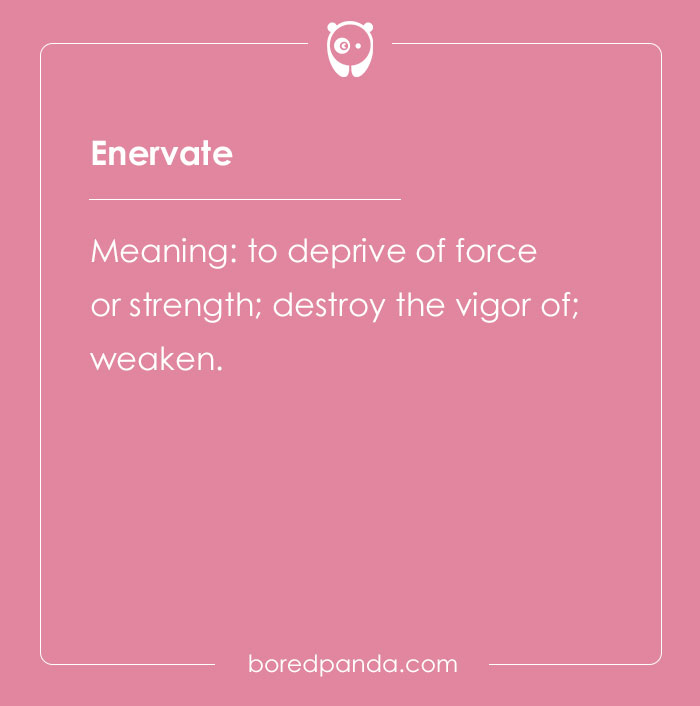 Enervate.
Enervate.
[en-er-veyt]
Meaning: to deprive of force or strength; destroy the vigor of; weaken.
Iconoclast.
[ahy-kon-uh-klast]
Meaning: a person who attacks cherished beliefs, traditional institutions, etc., as being based on error or superstition.
Ignominious.
[ig-nuh-min-ee-uhs]
Meaning: marked by or attended with ignominy; discreditable; humiliating.
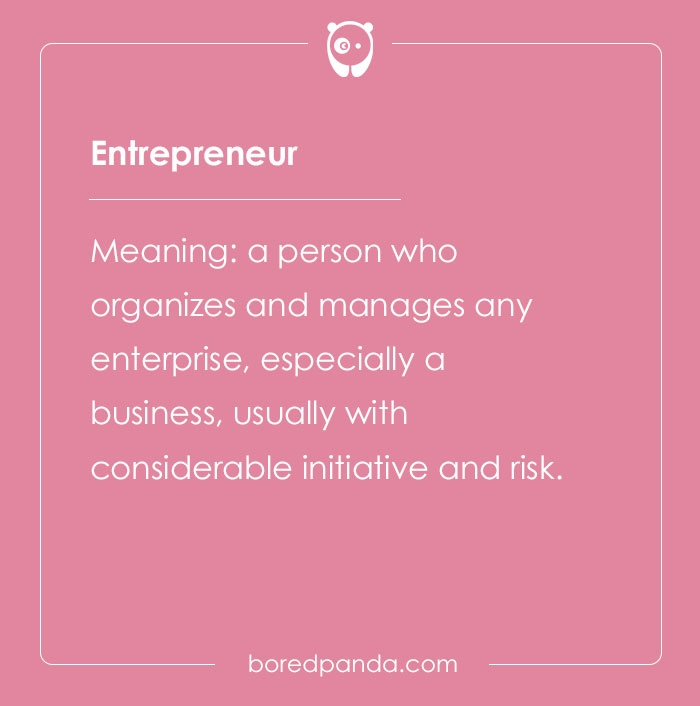 Entrepreneur.
Entrepreneur.
[ahn-truh-pruh-nur]
Meaning: a person who organizes and manages any enterprise, especially a business, usually with considerable initiative and risk.
Deteriorate.
[dih-teer-ee-uh-reyt]
Meaning: to make or become worse or inferior in character, quality, value, etc.
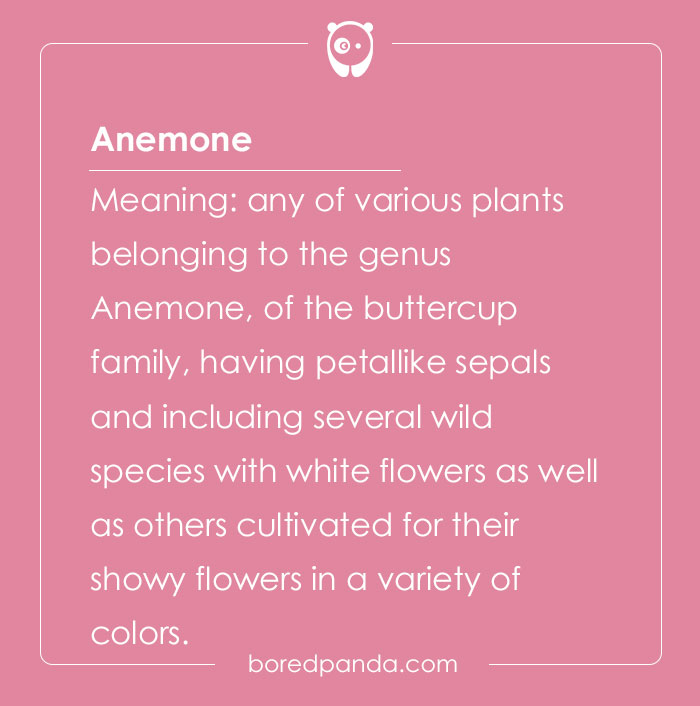 Anemone.
Anemone.
[uh-nem-uh-nee]
Meaning: any of various plants belonging to the genus Anemone, of the buttercup family, having petallike sepals and including several wild species with white flowers as well as others cultivated for their showy flowers in a variety of colors.
Colloquial.
[kuh-loh-kwee-uhl]
Meaning: characteristic of or appropriate to ordinary or familiar conversation rather than formal speech or writing; informal.
Emollient.
[ih-mol-yuhnt]
Meaning: having the power of softening or relaxing, as a medicinal substance; soothing, especially to the skin.
Espresso.
[e-spres-oh]
Meaning: a strong coffee prepared by forcing live steam under pressure, or boiling water, through ground dark-roast coffee beans.
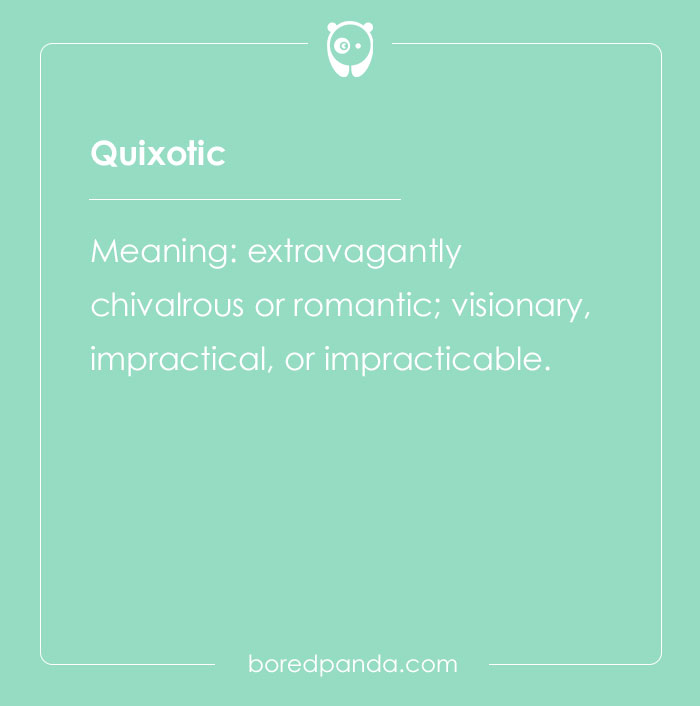 Quixotic.
Quixotic.
[kwik-sot-ik]
Meaning: extravagantly chivalrous or romantic; visionary, impractical, or impracticable.
Ascetic.
[uh-set-ik]
Meaning: a person who dedicates his or her life to a pursuit of contemplative ideals and practices extreme self-denial or self-mortification for religious reasons.
Ostracism.
[os-truh-siz-uhm]
Meaning: exclusion, by general consent, from social acceptance, privileges, friendship, etc.
Lackadaisical.
[lak-uh-dey-zi-kuhl]
Meaning: without interest, vigor, or determination; listless; halfhearted.
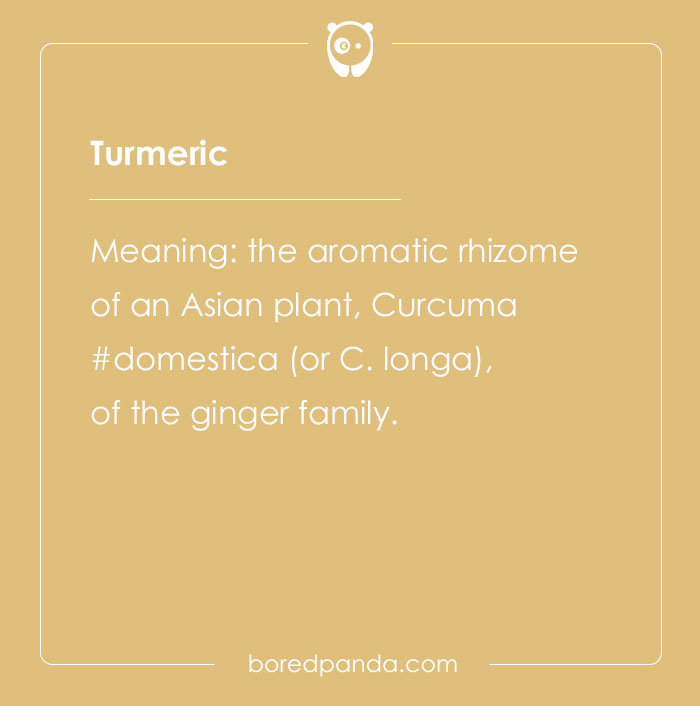 Turmeric.
Turmeric.
[tur-mer-ik]
Meaning: the aromatic rhizome of an Asian plant, Curcuma domestica (or C. longa), of the ginger family.
Colonel.
[kur-nl]
Meaning: an officer in the U.S. Army, Air Force, or Marine Corps ranking between lieutenant colonel and brigadier general: corresponding to a captain in the U.S. Navy.
A French term from the 1500s used in most French and English speaking countries. It’s not specific to the U.S
Accede.
[ak-seed]
Meaning: to give consent, approval, or adherence; agree; assent; to accede to a request; to accede to the terms of a contract.
Noisome.
[noi-suhm]
Meaning: offensive or disgusting, as an odor.
Enormity - a terrible act. "The Holocaust was an enormity." Being stolen to mean huge, when ginormous would work quite well.
Quinoa.
[kee-noh-uh]
Meaning: a tall crop plant, Chenopodium quinoa, of the amaranth family, cultivated mainly in Peru, Bolivia, and Chile for its small, ivory-colored seed, which is used as a food staple.
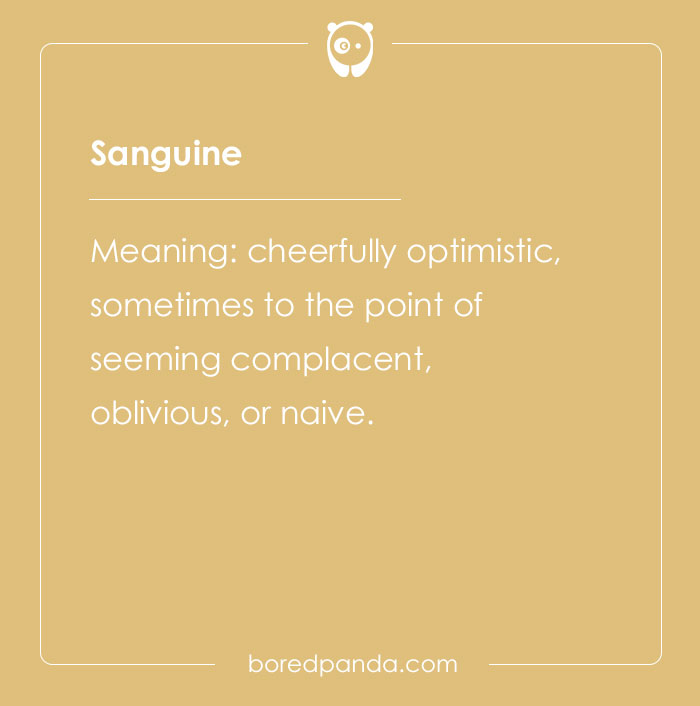 Sanguine.
Sanguine.
[sang-gwin]
Meaning: cheerfully optimistic, sometimes to the point of seeming complacent, oblivious, or naive.
Blandishment.
[blan-dish-muhnt]
Meaning: Often blandishments. something, as an action or speech, that tends to flatter, coax, entice, etc.
Cognizant.
[kog-nuh-zuhnt]
Meaning: having awareness, realization, or knowledge; notice; perception.
 Pejorative.
Pejorative.
[pi-jawr-uh-tiv]
Meaning: having a disparaging, derogatory, or belittling effect or force.
Schadenfreude.
[shahd-n-froi-duh]
Meaning: satisfaction or pleasure felt at someone else's misfortune.
Isthmus.
[is-muhs]
Meaning: a narrow strip of land, bordered on both sides by water, connecting two larger bodies of land.
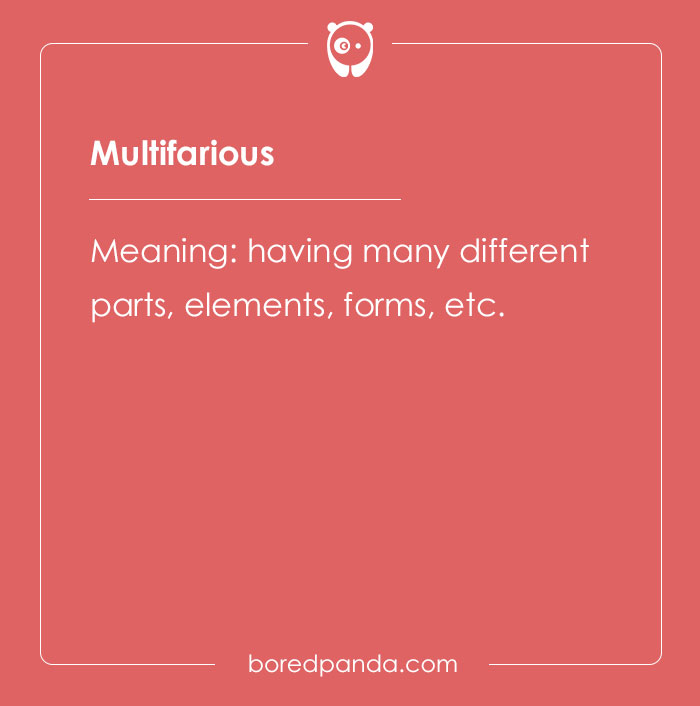 Multifarious.
Multifarious.
[muhl-tuh-fair-ee-uhs]
Meaning: having many different parts, elements, forms, etc.
Synecdoche.
[si-nek-duh-kee]
Meaning: a figure of speech in which a part is used for the whole or the whole for a part, the special for the general or the general for the special, as in ten sail for ten ships or a Croesus for a rich man.
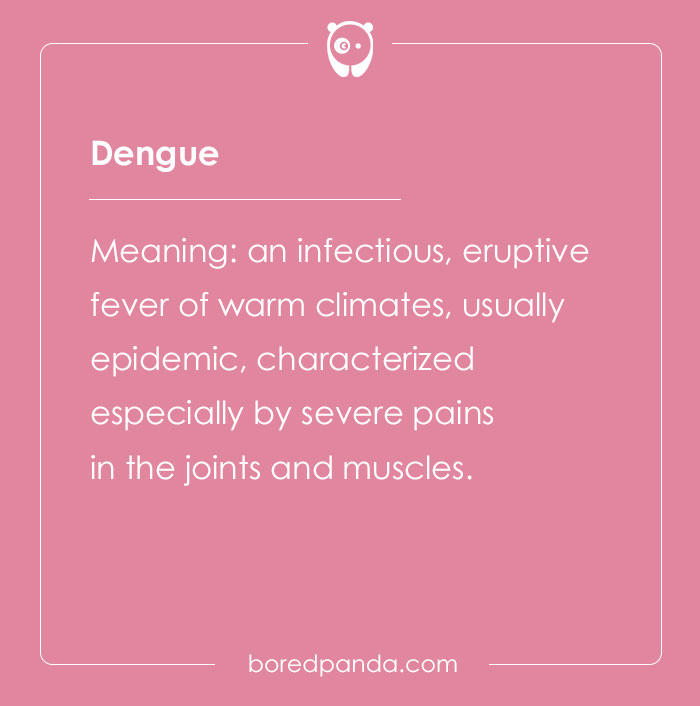 Dengue.
Dengue.
[deng-gey]
Meaning: an infectious, eruptive fever of warm climates, usually epidemic, characterized especially by severe pains in the joints and muscles.
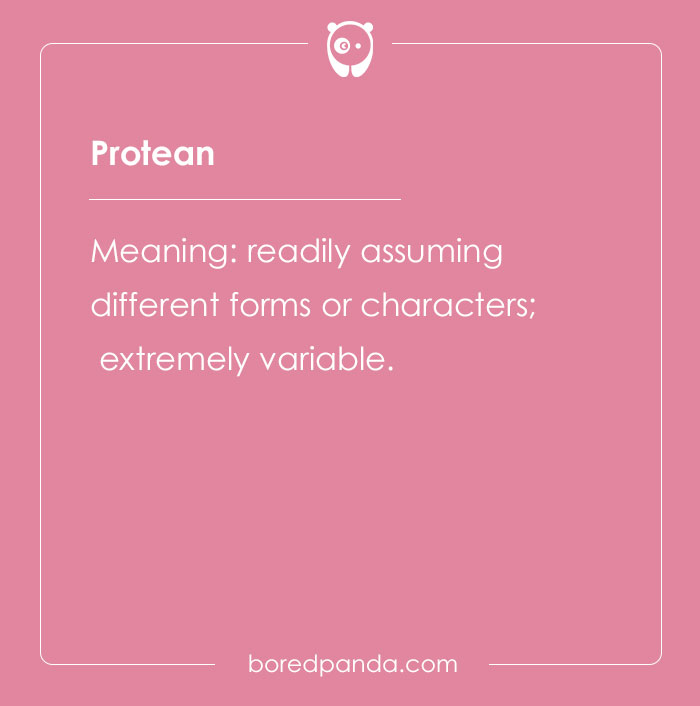 Protean.
Protean.
[proh-tee-uhn]
Meaning: readily assuming different forms or characters; extremely variable.
Pertinacious.
[pur-tn-ey-shuhs]
Meaning: holding tenaciously to a purpose, course of action, or opinion; resolute.
Expatiate.
[ik-spey-shee-eyt]
Meaning: to enlarge in discourse or writing; be copious in description or discussion.
Squirrel.
[skwur-uhl]
Meaning: any of numerous arboreal, bushy-tailed rodents of the genus Sciurus, of the family Sciuridae.
Squirrels seem to be born to amuse - a total madness in every movement.
Fatuous.
[fach-oo-uhs]
Meaning: foolish or inane, especially in an unconscious, complacent manner; silly; witless.
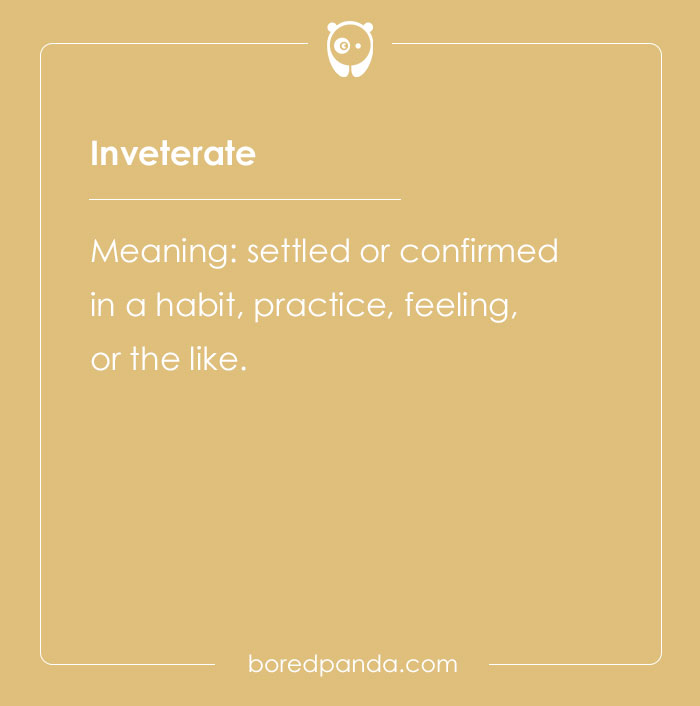 Inveterate.
Inveterate.
[in-vet-er-it]
Meaning: settled or confirmed in a habit, practice, feeling, or the like.
Hegemony.
[hej-uh-moh-nee]
Meaning: leadership or predominant influence exercised by one nation over others, as in a confederation.

 Dark Mode
Dark Mode 

 No fees, cancel anytime
No fees, cancel anytime 





